India @75! Literacy, Technology and the Future - An Educator’s Take
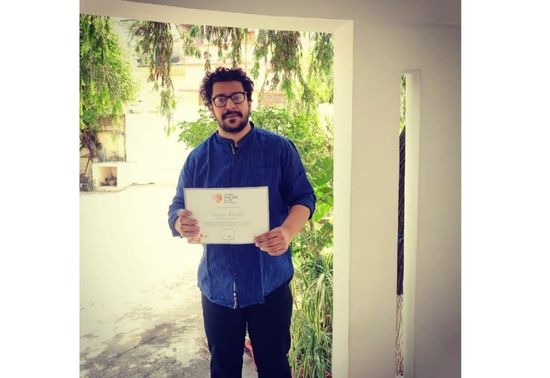

Satyam Mishra is a maths teacher from Bhagalpur, Bihar, India, determined to change the way children look at the world through his pedagogy. Not only does he believe that education and literacy are fundamental rights for everyone, but he is also involved in various projects working to uplift children in difficult situations across the country and the world.
I am the youngest in my family, and I have been very close to the eldest ones, my grandparents. I was probably in second grade (7 years old) when I observed that my grandmother had to depend on me if she wanted to read anything.
Casually chatting and the curious kid that I was, my grandmother and I started to work together for about 30 minutes every day - practising, with first me reading my textbooks to her, and then she trying to read with my help, and finally going on to doing the same independently.
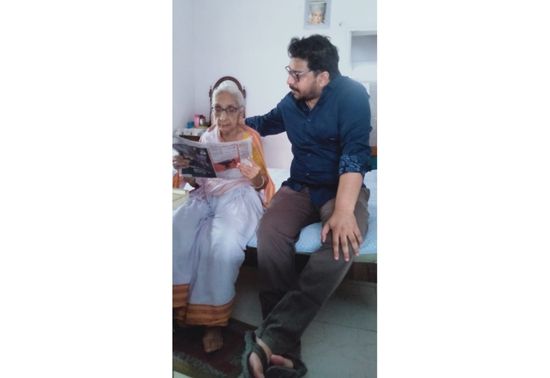
My grandmother was literate when I was about to appear for my quarterly exams in Grade 3! She was 72 years old, then. Today, she is 96 and doesn’t need my help with reading. It was one of the biggest celebrations of my life. I understood I had a 'unique superpower' - I could teach and educate.
So, at the age of 7, I discovered that not everyone could read or write. A year later, as an 8-year-old, I was confident I had a 'gift' (literacy) of 'getting people out of illiteracy.' And with that, my journey as a teacher had begun!
Education, a fundamental right?
I firmly believe that education is more than a fundamental human right and every child or adult MUST have access to an excellent education. That, for me, is the most substantial reason to serve people from some of the most marginalised sections of society, including first-generation college students and refugee students.
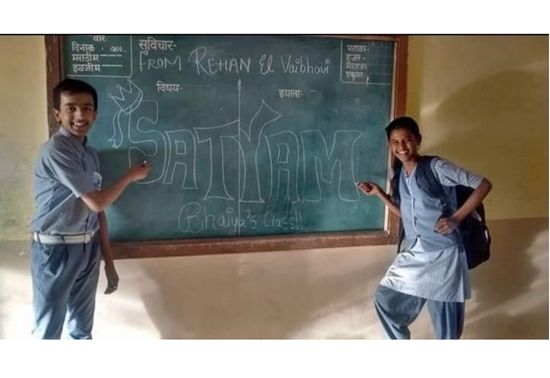
An Inclusive India
As a teacher, I do feel for an inclusive India. 14.5% of children studying in public schools across India have special needs. Integrating children with special needs into regular classrooms, reducing their drop-out rates (children with special needs are almost three times more likely to drop out as compared to their peers), and helping them reach their full potential should be the goal of not just the teachers or students but also of parents, other stakeholders and society at large.
Why is educating a genuine service to the nation?
60,00,00,000 - The number of young people we have in our country today. Read that number again - 60 Crores! With the right education policies, we can probably become not just the knowledge superpower but a responsible, democratic global superpower, taking the world into a decade of hope, innovation, and scientific achievements, inspiring the confidence of the world, which is much needed in today's day and age.
The 'Hybrid' age for teachers - New India demands technology
As an engineer turned educator, I feel 'hybrid talent’ (being trained as an engineer and serving in schools) are the need of the hour. The pandemic made us all download software for online learning, and it also made me believe that the 'wise' use of technology (not just using technology but using it to the advantage of the students) can help teachers reach out to every single student, identifying the strengths on a one-on-one basis and at the same time using it as a resource to the student's advantage. The National Education Policy (NEP), coupled with programs like 'Skill India' and 'Digital India,' can transform education like never before in the country.
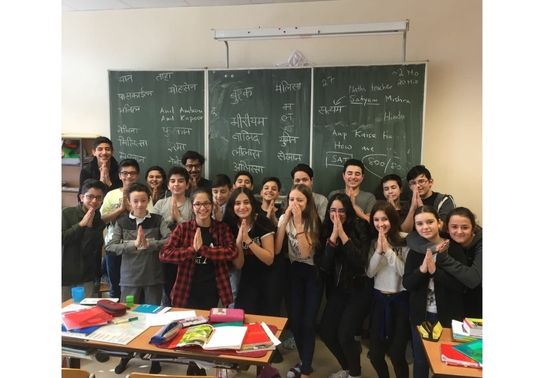
The ‘Basic’ Challenge
Nevertheless, let us not forget the most 'basic' challenge we still face as a country. India is home to 28.7 Crore people who cannot read or write (37% of the total illiterates IN THE WORLD). Albeit, we have come a long way from 12% literacy at the time of independence to about 75% as we celebrate India's 75th Independence Day!
A question of common sense rather than math
Instead of trying to calculate this, try and answer from your heart: If one literate Indian educates one illiterate Indian (assuming it takes about 4-6 months to acquire the basic literacy skills), in how many months will India become 100% literate?
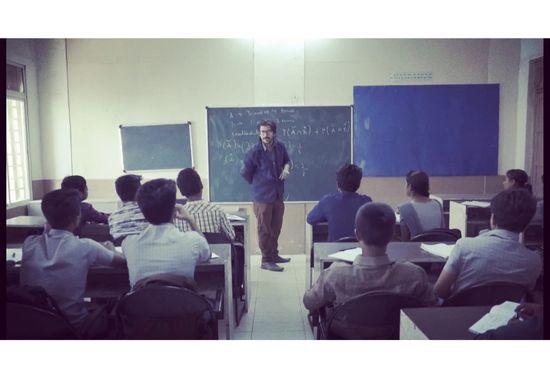
Let us pledge this Teachers' Day
Educating people is not just the task of TEACHERS. Educating our brothers and sisters of India is patriotism and, in my view, a national service.
Let us pledge to educate at least one of our brothers or sisters and celebrate #AzadiKaAmritMahotsav in its truest sense.
India @100 can undoubtedly be a 100% literate India!
May every Indian find motivation to teach and empower our country.
Jai Hind. Jai Sikhshak!